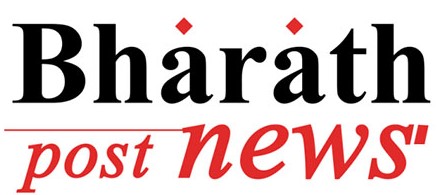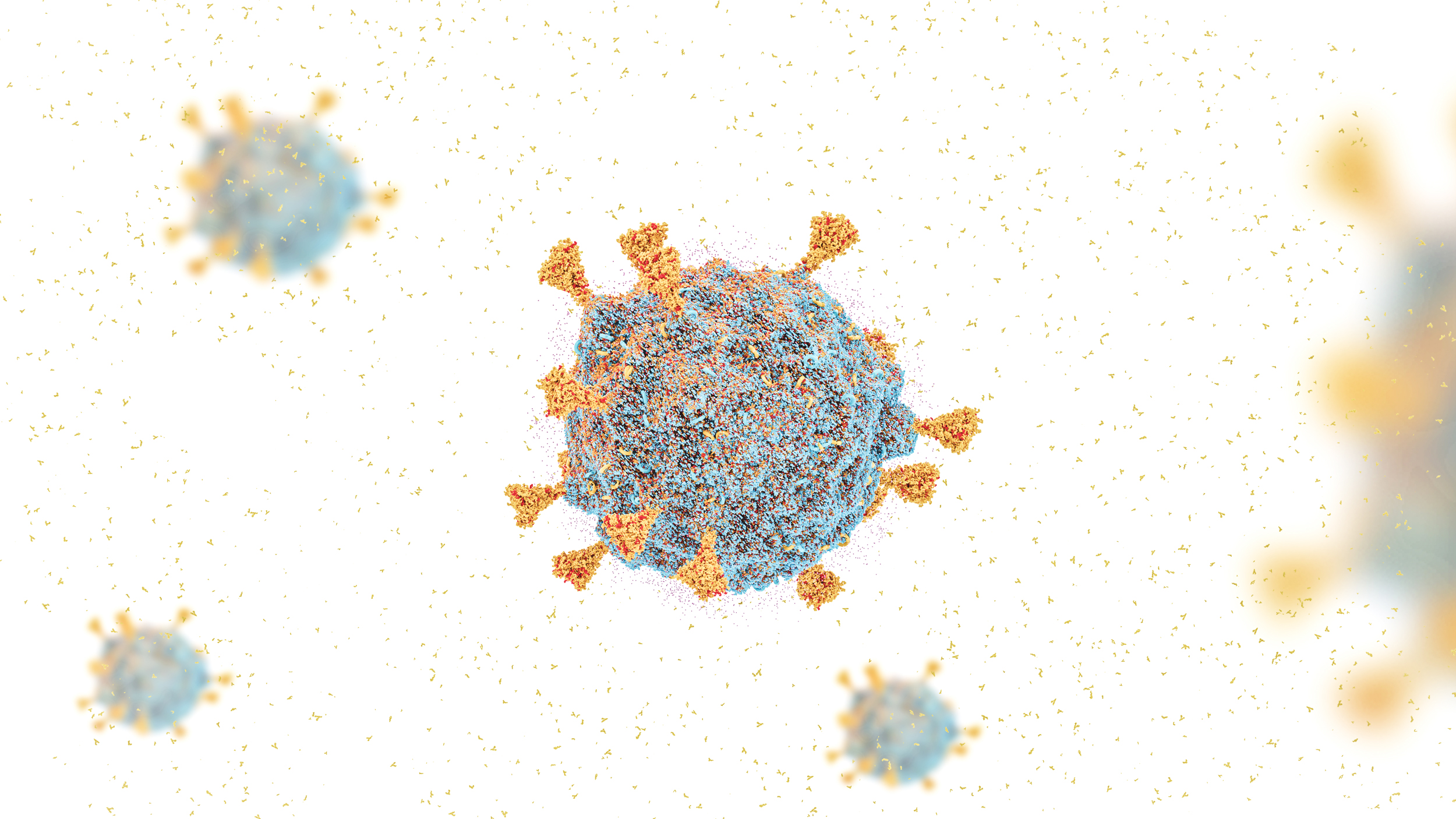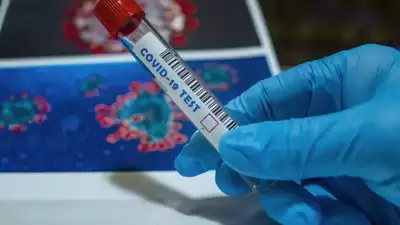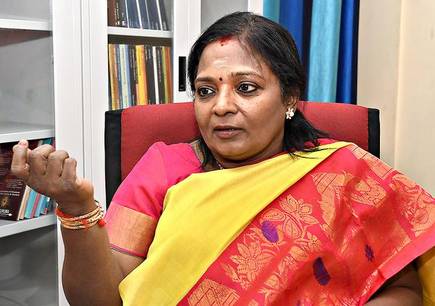
Dileep V Kumar, Thiruvananthapuram, June 6
The Air India Express plane crash in Kozhikode on August 7, 2020, which resulted in the death of 21 persons including the two pilots, has come up for discussion again.
This time, the conversation has been triggered by a Twitterati who highlighted an unusual factor that resulted in the crash. Citing the final investigation report of the Aircraft Accident Investigation Bureau (AAIB), it was remarked that an Ayurvedic anti-diabetic drug might have a role in this crash. Meanwhile, Ayurveda experts in the state said that the blatant attempt to blame Ayurveda for the crash might be out of vested interest.
As per an excerpt from the report, under the head of Medical and Pathological Information, the pilot in command (PIC) who had Type 2 Diabetes Mellitus was consuming four different types of anti-diabetic drugs. A further examination at his hotel room at Kozhikode resulted in founding a partly consumed bottle of an Ayurvedic tablet formulation namely ‘MadhuKalpVati’, which is an Ayurvedic anti-diabetic medication.
The tweet mentioned that the pilot was taking unprescribed anti-diabetic drugs including an Ayurvedic medicine which carried a potential risk of hypoglycemia, leading up to cognitive deficits, errors in decision making, and perception.
At the same time, Ayurvedic doctors alleged that to highlight an Ayurvedic drug for the plane crash is nothing short of malicious intent as the AAIB itself stated that the accident was a result of the pilot’s error.
“It was highlighted that the PIC didn’t follow the standard operating procedure and combined with it is his overconfidence. Of the many factors that culminated in the accident the use of anti-diabetic drugs is only one of them. You can’t pinpoint this alone for the mishap,” said a doctor at Government Ayurveda College Hospital, Thiruvananthapuram.
According to AAIB, the PIC was prescribed Tab Metformin (plain) 500 mg twice a day, which is acceptable for flying, as it carries minimal risk of serious hypoglycemia. Instead of that, the PIC had multiple anti-diabetic drugs and was consuming the same. He is also suspected to have combined Ayurvedic medications with unprescribed allopathic ones for his diabetes.
Meanwhile, Dr Sharmad Khan, an Ayurveda practitioner, said that before pointing fingers at ‘MadhuKalpVati’ the composition of that drug will have to be examined.
“It’s not a classical product. It might be a patent product and only the manufacturers have the report its efficacy and complications of this drug. The pilot might have combined allopathic medicine and this. If one does so one needs to monitor blood glucose level on a regular basis,” said Sharmad.
However, the AAIB report also highlighted that it seems unlikely that these anti-diabetic drugs taken by the PIC could have resulted in ‘overt’ incapacitation due to hypoglycemia, resulting in symptoms of substantial neuroglycopenia like unconsciousness, slurring of speech, and others.









